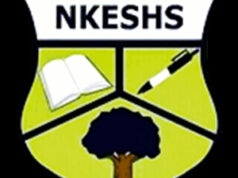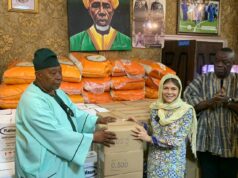The Ghana National Fire Service (GNFS) has reported a marginal increase in fire outbreaks across the country during the first six months of 2025, while celebrating key improvements in emergency response effectiveness and public cooperation.
Reduction in prank calls
One of the most encouraging developments was a sharp 34.77% drop in prank calls, which have long been a burden on emergency response systems. Prank calls to the fire service fell from 364,020 in the first half of 2024 to 237,470 in 2025.
“This is a major win,” said a GNFS spokesperson. “Public education campaigns and increased awareness of the legal consequences for prank calling are clearly making a difference. Fewer prank calls mean our lines are more open to genuine emergencies.”
Common Causes of fire outbreaks
The GNFS outlined the leading causes of fire incidents, which remain consistent with previous years. These include electrical faults from illegal connections, poor wiring, and overloaded circuits, improper use of appliances, including overused extension cords and unattended devices and unattended cooking using gas, electric, or coal stoves. Other causes cited include the careless use of open flames, such as candles, mosquito coils,and matches, gas leaks and unsafe handling of LPG cylinders, bushfires, particularly during the dry season.
Regional Breakdown
The Greater Accra Region recorded the highest number of fire incidents with 628 cases, followed by Ashanti (581) and Central (408) regions. The North East Region reported the fewest cases, with just 10 incidents.
Why the rise?
The GNFS attributed the slight rise in fires to severe harmattan conditions in the early months of 2025 and continued non-compliance with safety regulations by sections of the public.
As the country approaches another dry season later in the year, the Service is urging all Ghanaians to remain vigilant and to strictly adhere to fire safety protocols.
“The numbers may have increased slightly, but our ability to respond and prevent larger losses is improving. With continued cooperation from the public, we can save more lives and protect more property,” the spokesperson added.








